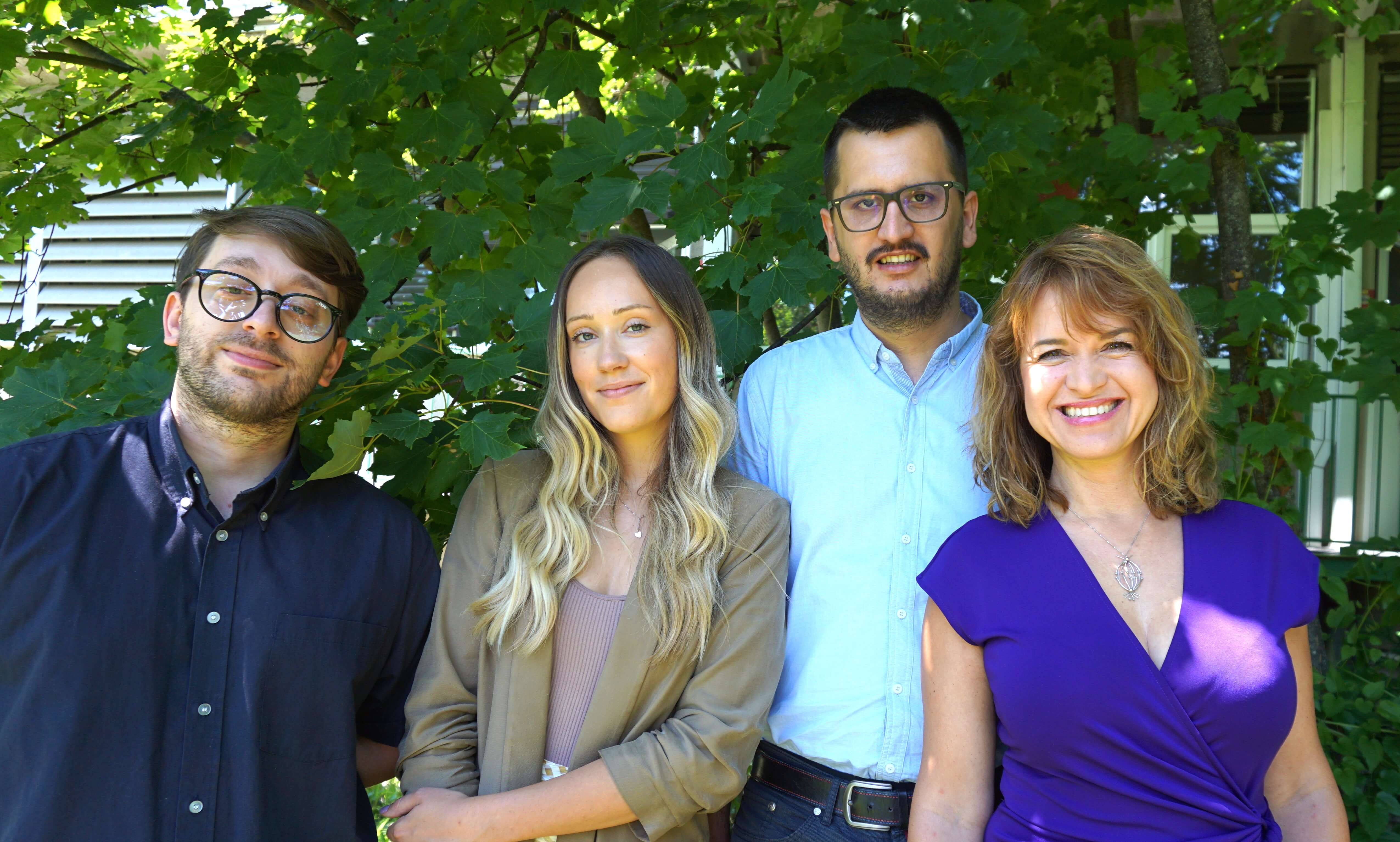Croatian Scientists Answer Big Question in Cell Biology
June 1, 2021 - Croatian Scientists from one of the most prominent scientific institutse in Croatia, the Ruđer Bošković Insitute (IRB), answered a big question in cell biology regarding the spindle and cell division that has puzzled scientists for decades.
Croatian scientists from the Ruđer Bošković Science Institute (IRB), more precisely, dr. Kruno Vukušić, Ph.D. students Ivana Ponjavić, Patrik Risteski, and Renata Buđa, lead by professor Iva Tolić, researched and have now answered one of the key questions in cell biology.
When it comes to this field of biology specialised in observing and researching cells that make organisms, the spindle is a structure of eukaryotic cells that form during cell division, which is crucial for organisms (including humans, of course) for growth, repair, and reproduction. The spindle is in charge of the distribution of genetic material, but the exact process and molecular mechanisms of that task has baffled scientists for decades.
The aforementioned IRB scientists had their paper published in a prestigious scientific journal, Developmental Cell: Microtubule-sliding modules based on kinesins EG5 and PRC1-dependent KIF4A drive human spindle elongation. The paper described a precise molecular mechanism of molecular microtubule sliding.
''Given that this is one of the key steps in cell division that happens in almost every organism, a molecular mechanism that expands the spindle was the object of interest of many pieces of research. Even though the last 20 years has seen significant progress in understanding these molecular mechanisms, the identity of the protein needed to expand the spindle remained unknown. The importance of the spindle in human cells is apparent, in the fact that besides being the key trigger of moving chromosomes, it encourages the correct segregation of those chromosomes which, if defected, correlate with cancer,'' they said from the IRB in a press release.
This IRB research showed that the proteins KIF11 and KIF4A are the key proteins that stop the expansion of the spindle. This breakthrough was achieved by ''silencing'' several of the many proteins that participate in the process since the previous methods of silencing proteins one by one didn't offer any new knowledge in understanding this process.

Risteski, Ponjavić, Vukušić and Tolić © Ruđer Bošković Institute
''We hope that the results of this paper will encourage more new research on the role of expanding the spindle in the final stages of cell division. The results we presented are the start of explaining the control mechanisms of this protein, the work of which is under the strict control of many other factors within the cell itself. In addition, the principle of common work we described in this paper could help scientists in determining molecular mechanisms in other processes that are important in cells,'' elaborated the research leader, professor Iva Tolić.
Learn more about Croatian inventions & discoveries: from Tesla to Rimac on our TC page.
For more about science in Croatia, follow TCN's dedicated page.


